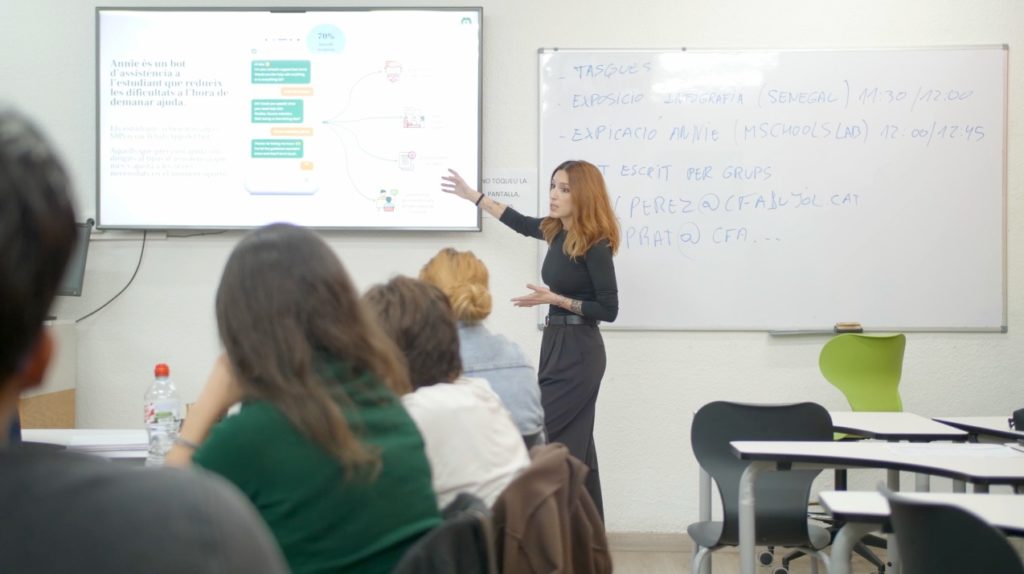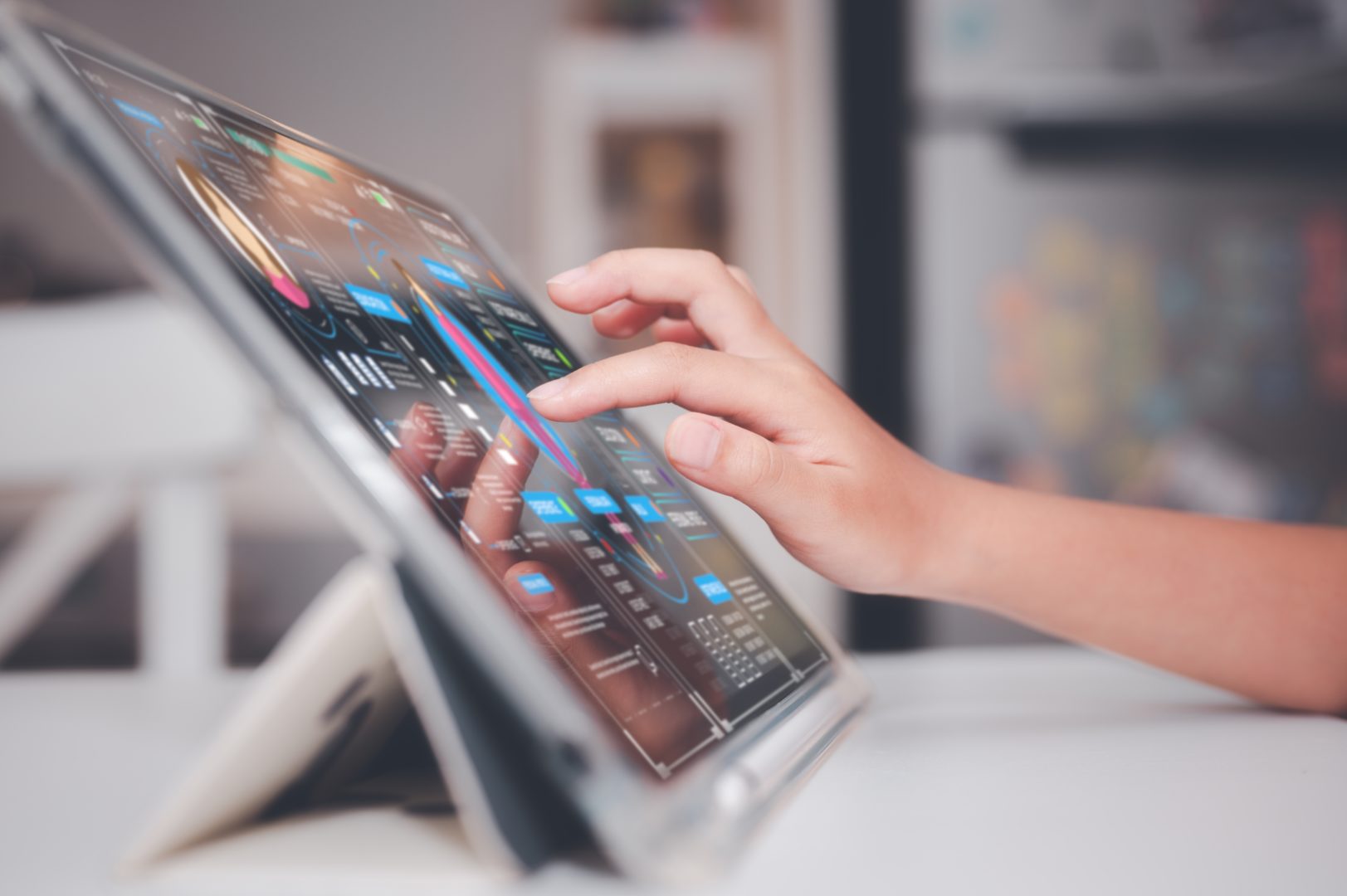Albert Forn, director of mSchools at GSMA
mSchools Lab acts as an open innovation platform, based on public-private collaboration. The process includes five phases: call for solutions, selection of finalists and winners, call for solutions in schools, piloting in real environments and impact evaluation. This structure ensures controlled implementation and rigorous analysis of the results.
The selected proposals have to demonstrate not only their technological feasibility but also their real impact in the classroom. The solutions, which will initially be piloted in public and state-subsidised schools in Catalonia, will form part of an external evaluation process that will analyse aspects such as motivation, the participation of students with specific educational needs, and equity in access to resources. This evidence-based methodology will also analyse the scalability and adaptability of the projects in other educational contexts.
A collaborative and evidence-based model
In an increasingly digitalised world, an educational transformation has become a global priority, not only to adapt new technological realities to learning, but also because education is the fundamental pillar for building more equitable, inclusive societies that are prepared for the challenges of the future.
mSchools Lab, promoted by Mobile World Capital Barcelona and mSchools, represents a pioneering example of technological innovation applied to education, with the aim of addressing one of the great challenges of the 21st century: how to place technology at the service of higher quality education.

First call, in pilot phase
The first call of the mSchools Lab is already piloting solutions in Catalan schools under the challenge: How can technology improve motivation, personalisation of learning and school success?
The lessons learned from this first edition, in which 9 schools in Catalonia, more than 900 students, and 50 teachers and managers took part, have laid the foundations for further progress in the search for solutions that have a positive impact on the education system, consolidating mSchools Lab as a benchmark platform for educational improvement.
Second call: technology at the service of inclusion
This year, the new challenge posed by mSchools Lab combines strategy and necessity: How can technology promote inclusive learning from the earliest stages of school? The call seeks technological answers to an urgent educational reality: the need to identify learning difficulties early, to intervene in time, and to offer comprehensive socio-emotional support to ensure the well-being and academic success of all students.
According to recent data, 18.3% of children in Catalonia meet the criteria for at least one neurodevelopmental disorder, but only 6.19% have been previously diagnosed, a fact that reveals a worrying gap within the education system (Source: Neurodevelopmental disorders among Spanish school-age children: prevalence and sociodemographic correlates, Hospitals Vall d’Hebron i Sant Joan de Déu, 2022). This lack of early detection correlates with a higher risk of school failure and early dropout. In addition, it has been found that symptoms of inattention, hyperactivity, or emotional disorders such as severe anxiety have a direct impact on academic performance and grade repetition.
Emerging technologies, such as artificial intelligence and adaptive learning models, offer new possibilities to reverse this situation. They allow for individualised monitoring, personalisation of content, and the generation of data-driven educational interventions. But beyond efficiency, the transformative value of these tools lies in their ability to reduce inequalities, ensure accessibility, and foster a sense of belonging among students.
The call for proposals was a great success, with more than 50 innovative proposals received from around the world. Forty-seven percent of these initiatives came from countries such as the United States, Australia, Finland, the Netherland,s and Argentina, and most of them were submitted by startups (71%), a reflection of the dynamism and innovation capacity of the EdTech sector on a global scale.
The finalists: innovation with impact
Among the proposals selected as finalists, initiatives that combine artificial intelligence, neuroscience, data analytics, and universal learning design stand out. The two winners have just been announced:
- Key2Enable (UAE): assistive technology for neurodiverse children, with multi-sensory learning pathways and emotional regulation.
- Neureka Lab (Spain): Tool to detect dyslexia and dyscalculia, with automatic adaptation of educational content.
These solutions represent a new generation of educational tools that are committed to equity, diversity and personalisation.
Towards transformative education
According to UNESCO, a truly inclusive education has to ensure the participation of all learners, regardless of their individual conditions. In this sense, predictive modelling, adaptive learning and digital intervention platforms can reduce dropout rates, improve educational efficiency and optimise resource allocation.
But technology alone is not enough. It has to be accompanied by a comprehensive educational strategy that considers both cognitive and socio-emotional aspects of learning, to ultimately become a true catalyst for change.
mSchools Lab is at the heart of this vision: integrating innovative solutions within a forward-thinking education ecosystem, with the aim of guaranteeing the right to quality education for everyone.
Stay up to date about everything
Subscribe to stay up to date with the latest content from Mobile World Capital Barcelona.
